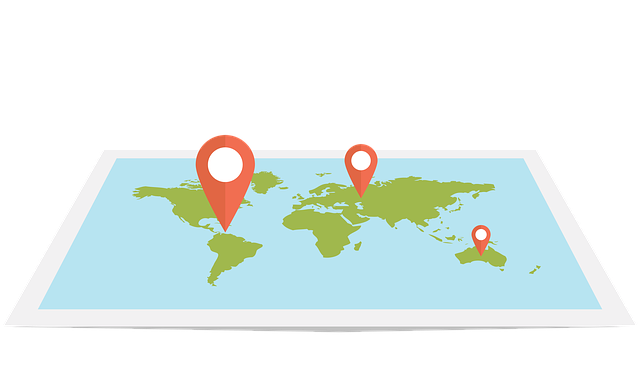
As business owners and consumers, it is crucial that we become more familiar with all forms of currency. No longer are we restricted to payments made by cash, debit cards, or credit cards. Instead, customers have the option of completing an electronic transaction to quickly send money from one person to the other. Or, there is cryptocurrency.
Cryptocurrencies (such as Bitcoin) have grown exponentially over the last decade, especially in the previous year alone. Digital money runs on blockchain technology – the ledger that keeps track of all the online exchanges, and is run by all users, not a central authority. This ledger, which is monitored on a continuous basis, is next to impossible to fabricate and tamper with, making it quite appealing to those skeptical of government and banking authorities.
However, there lies the problem with said government authorities, leading to GeoIP bans. Let’s take a look at what this ban is and how to bypass it.
What is a GeoIP Ban?
A GeoIP ban is when a region or country blocks the usage of or access to something due to someone’s location. These types of bans come in several forms, including service providers like BBC’s iPlayer, denying access to anyone outside of the United Kingdom or blocking the use of cryptocurrency in a country. When a ban is enacted, it is because your location is outside of the required area to access the content or services.
Every device that connects to a network has an IP (Internet Protocol) address. This address tells the network where to send information back to. Without it, the requested data would not know where to go. When there is a block or ban in place, there will be a pool of IP addresses that are granted access. Addresses outside of this pool are virtually blocked.
Can You Bypass a GeoIP Ban?
Fortunately, there are ways of getting around a GeoIP ban. One of the safest and most effective ways to do this is by using a Virtual Private Network (VPN). A VPN works in two ways. The first is by creating a tunnel that masks and encrypts your data as it travels to and from the network. It is virtually invisible and impossible to hack into as long as your data stays in the VPN tunnel.
The other way a VPN works, and how it will get you past a GeoIP ban, is by encrypting your IP address or changing it completely. When activated, the VPN will connect to a server somewhere other than where you are. Once connected, your device is assigned a new IP address, revealing a different location than where you actually are. So, if you are in a region that has regulations against blockchain technology and cryptocurrency, you would then connect to a network in an area that allows the use of blockchain.
VPNs are more than for bypassing region bans. They are also excellent for additional security and anonymity while online. Because your data and location are encrypted and masked, you’ll be basically free from outside entities attempting to spy on or hack into your data and device.
To effectively bypass a GeoIP ban and keep your information safe, consider installing a VPN. You’ll be able to mask and change your location all while encrypting your data for heightened security.

